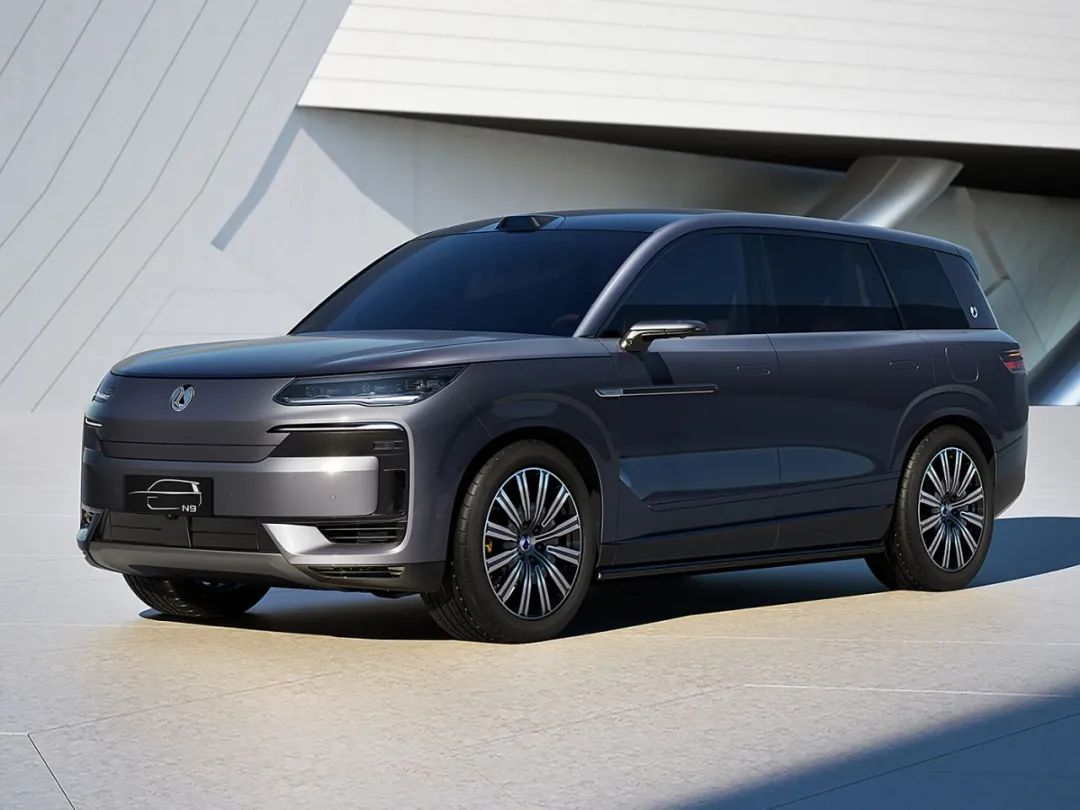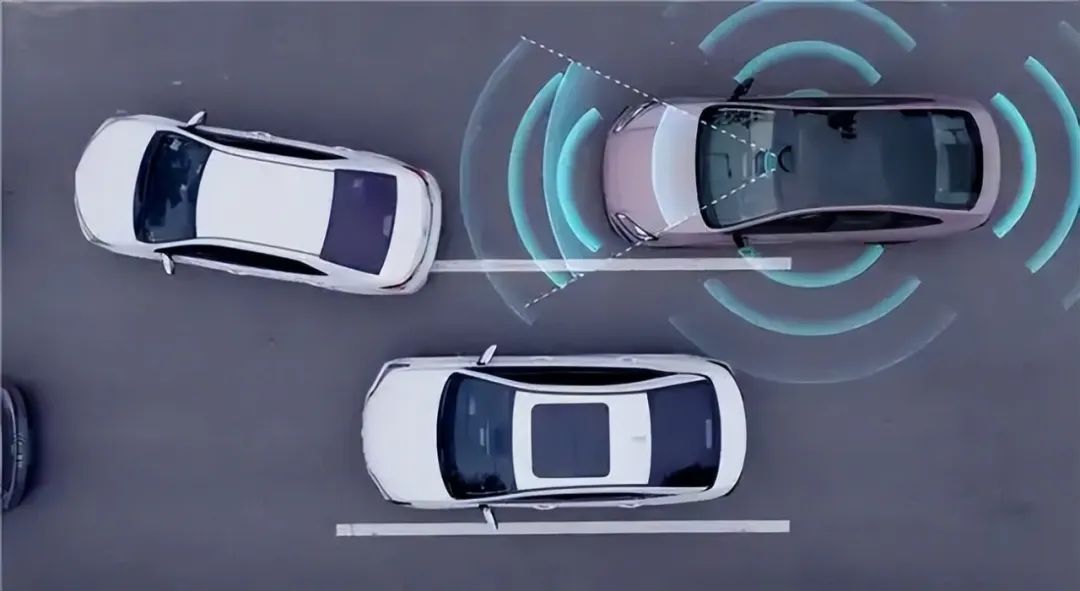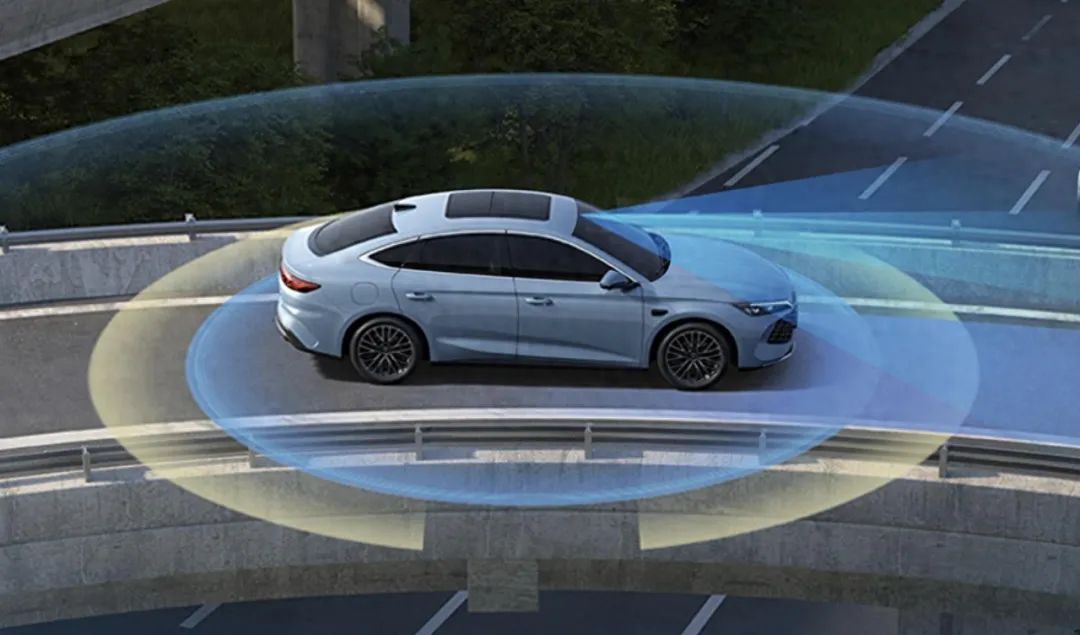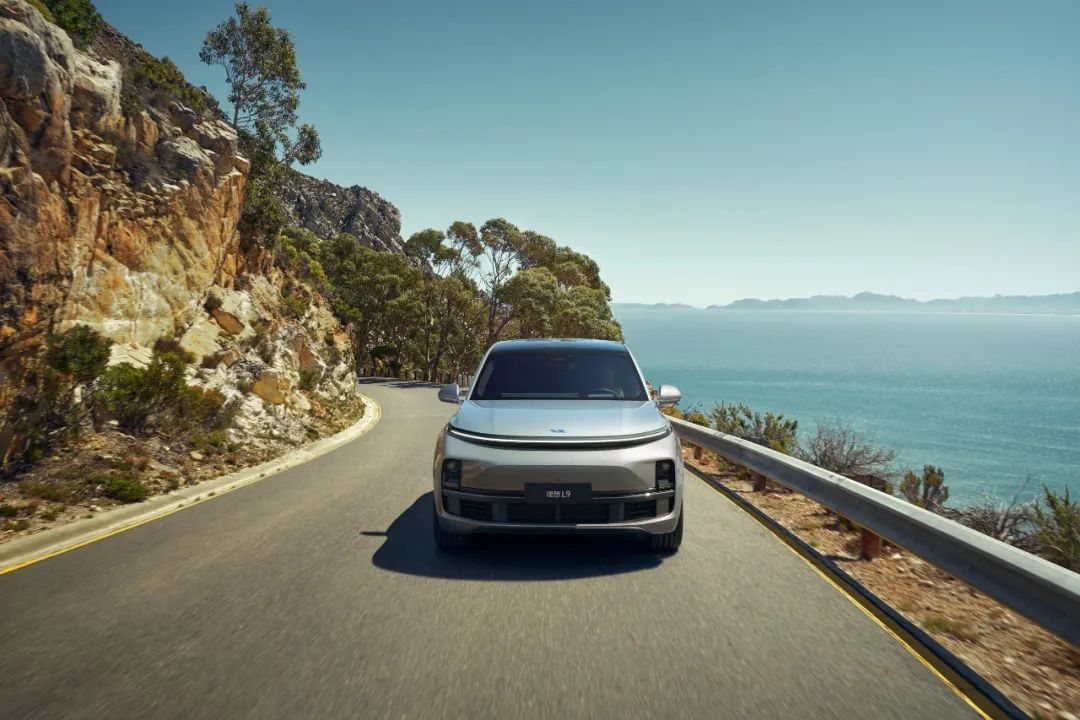The new energy vehicle market in 2025 is undergoing a quiet cognitive upheaval. As automakers like BYD, Chery, and Geely showcase their futuristic-sounding smart driving systems such as ‘Tianshen Eye’, ‘Falcon Smart Driving’, and ‘Qianli Haohan’, chip giant Horizon openly stated at the Electric Vehicle Forum: most of these so-called ‘self-developed’ smart driving solutions are based on the same third-party core—Horizon.

The Five Automakers ‘Named’: The ‘Exterior’ and ‘Core’ of Smart Driving Systems
A statement from Horizon’s founder, Yu Kai, has torn down a layer of the industry’s facade:
- BYD Tianshen Eye C, Chery Falcon Smart Driving, Geely Qianli Haohan, Changan Tianshu Smart Driving, GAC Xingling Zhixing, these elegantly named smart driving systems all utilize Horizon’s core solutions.
- Taking BYD as an example, its ‘Tianshen Eye C’ has been pointed out by industry insiders to have a logic highly similar to the Li Auto AD Pro system (equipped with Horizon Journey 5 chip) in its high-speed NOA function. Although BYD has added its own understanding through detailed optimizations, its path of ‘external core + self-tuning’ is no longer a secret.
- It is worth noting that BYD’s true self-developed flagship is the ‘Tianshen Eye A/B’ system equipped with lidar and high-performance chips, while the other named automakers’ self-development capabilities at the same level remain questionable.
Horizon: From ‘Being Neglected’ to ‘The Greatest Common Divisor’ Comeback

In the field of smart driving chips, Horizon was once a ‘lonely domestic explorer’.
- In the early years, automakers either relied on overseas giants like NVIDIA and Mobileye or abandoned core technologies due to neglecting smart driving research and development. Horizon’s Journey chip was only implemented in a few automakers like Li Auto—witnessing the breakthrough of domestic chips from ‘usable’ to ‘well usable’ through the collaboration from the Journey 3 in Li ONE to the Journey 5 in the L series.
- In the wave of smart driving equality in 2025, Horizon suddenly became the ‘greatest common divisor’. As automakers realized that self-development requires significant investment and long cycles, while Horizon could provide a mature 128TOPS computing solution (Journey 5), and its reliability was validated through long-term OTA with users like Li Auto, its cost-performance advantage made it the first choice.
- However, the awkwardness is that most automakers avoid mentioning the ‘Horizon core’ in their promotions, preferring to package a self-developed name full of technological flair, which has led Horizon’s founder Yu Kai to lament: ‘We have become the unsung heroes, yet our names are never mentioned.’
Self-Development or Outsourcing? The Industry Logic is Being Restructured

Behind this controversy is a profound transformation in the automotive intelligence research and development model:
- The Past ‘Forced Self-Development’: Early choices of self-development by Li Auto, Xpeng, and Tesla were essentially due to overseas chip solutions being unsuitable, and the lack of mature third-party support domestically. At that time, self-development was a ‘narrow bridge that had to be crossed.’
- The Current ‘Rational Choice’: Local suppliers like Huawei, Horizon, and Momenta have risen, providing full-stack solutions from chips to algorithms. Automakers no longer need to reinvent the wheel but can focus on differentiated advantages such as body design and user experience—similar to the smartphone industry where chips are left to Qualcomm, imaging to Sony, and terminal manufacturers focus on product definition.
- The Essence of ‘Pseudo Self-Development’: Some automakers are eager to label themselves as ‘self-developed’ more for marketing considerations. However, the competitiveness of smart driving systems ultimately lies in the actual experience, and excessive packaging may erode user trust.
Insights for the Industry: Less ‘Name Anxiety’, More Real Strength

As the consensus on smart driving equality emerges, automakers need not cling to the hollow title of ‘self-developed’:
- The success of Li Auto AD Pro proves that even with third-party chips, through continuous algorithm optimization and data accumulation, a first-class experience can still be created;
- BYD’s ‘dual-track system’ (self-developed high-end solutions + outsourced popular solutions) is also worth referencing, allowing for more precise matching of technology investment and market demand;
- For consumers, rather than fancy names, they should focus on core indicators such as hardware configuration (computing power, sensors), actual road test performance (highway/city NOA pass rates), and OTA upgrade frequency.
Conclusion: Uncovering Labels to See True Smart Driving Competitiveness

Horizon’s ‘naming’ is not a criticism of automakers but a call for pragmatic development in the industry. In today’s heated competition for intelligence, rather than getting entangled in the word games of ‘self-development’ versus ‘outsourcing’, it is better to face the division of labor in technology honestly: let professionals do professional things, allowing automakers to return to the essence of building ‘good cars’. After all, what users ultimately pay for is a reliable and usable smart driving experience, not a fancy name.
What are your thoughts on the ‘smart driving self-development’ label of automakers? Feel free to share your views in the comments.